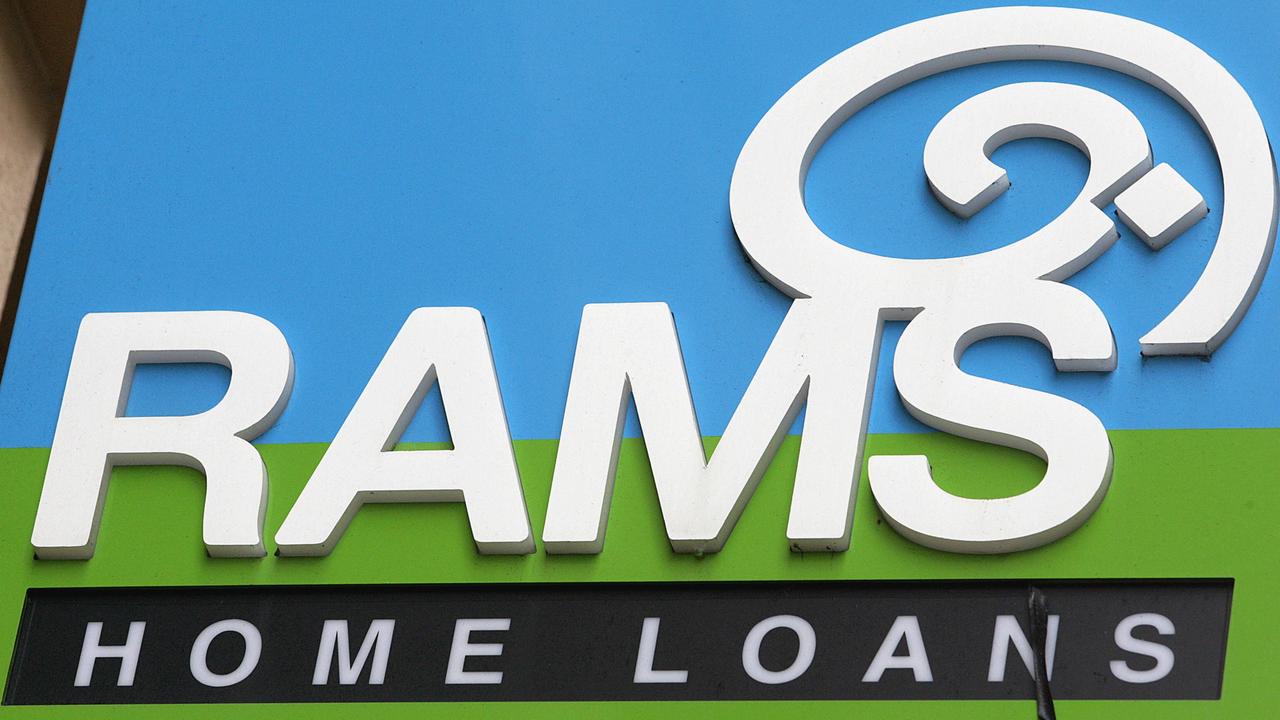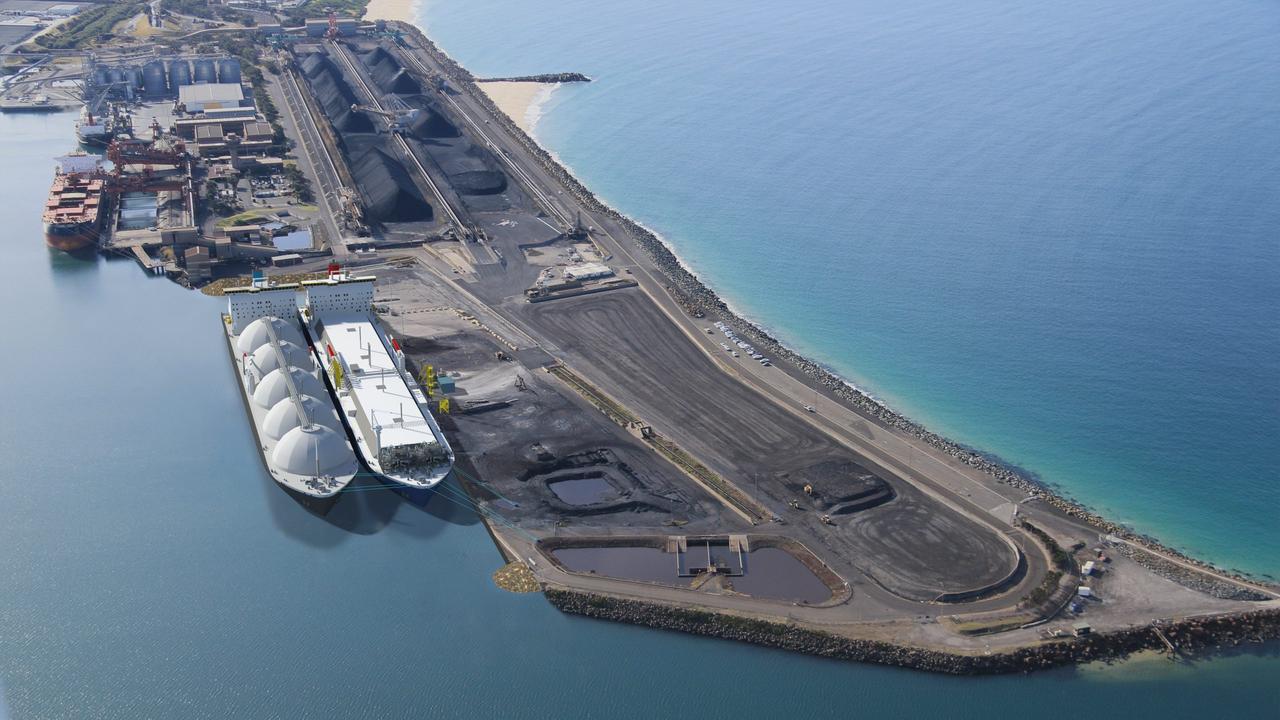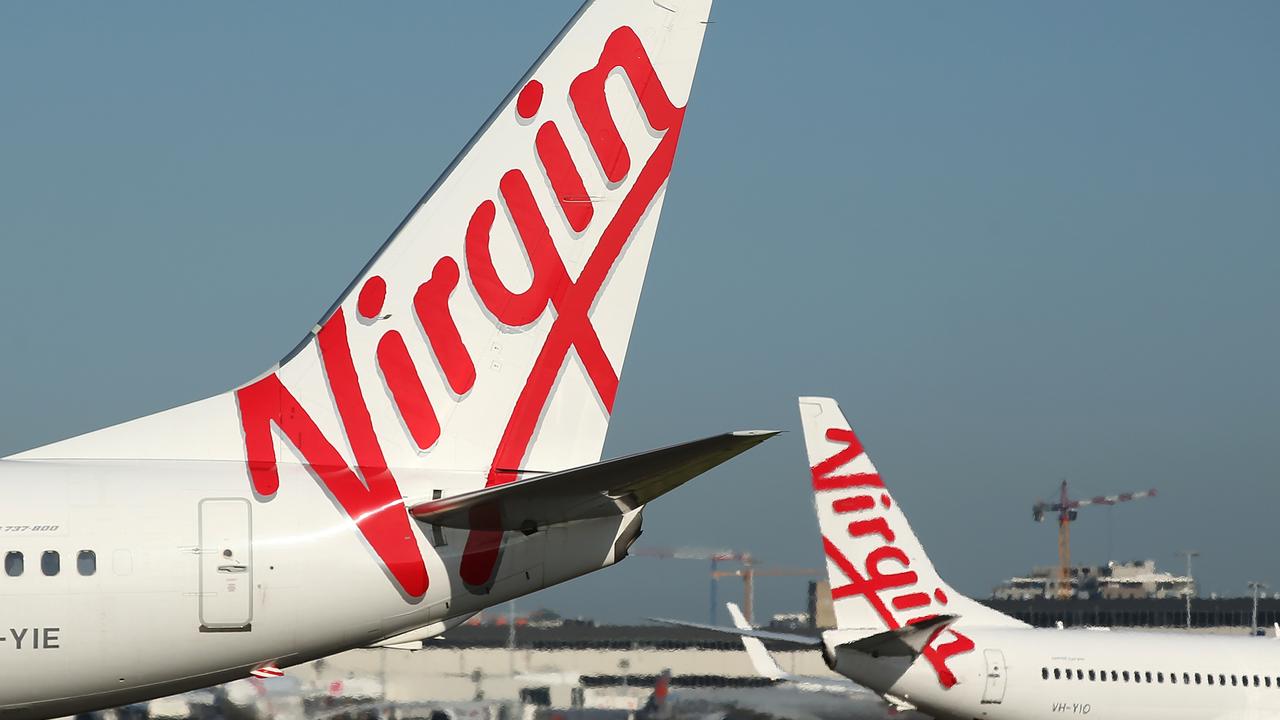ASIC sues Westpac over fake loan documents and ‘systemic misconduct’ at RAMS
The corporate regulator alleges Westpac’s home lending subsidiary RAMS had a culture of falsifying documents to get loans over the line, with franchisees incentivised to write them and no way of addressing misconduct.

Business
Don't miss out on the headlines from Business. Followed categories will be added to My News.
The now defunct Westpac home loans business RAMS was a hotbed of mortgage fraud according to the corporate cop, which accused it of writing liar loans, accepting fake pay slips and enabling the personal enrichment of branch staff.
At least 84 incidents of “systemic misconduct” were alleged by the Australian Securities & Investments Commission, without RAMS’s parent Westpac knowing.
Court documents describe “widespread unlicensed conduct” at the home lending operation between at least June 2019 and April 2023. In some cases, RAMS admits the breaches took place from as early as January 2018.
ASIC deputy chair Sarah Court said the allegations levelled against RAMS showed “systemic organisational governance failure” and the company “did not adequately supervise its franchise network”.
“RAMS allowed years of unlawful conduct to occur across its franchises, creating the opportunity for loans to be provided to customers who otherwise may not have qualified for those loans, and thereby increasing commissions earned by RAMS franchisees,” she said.

ASIC’s claims, which Westpac agreed to, allege RAMS staff wrote loans with fake loan documents to arrange finance that would ordinarily be rejected. This included supplying fake pay slips from non-existing employers.
In other cases, RAMS staff even manufactured a fake home loan contract.
The corporate regulator also took aim at undisclosed conflicts of interest or deliberate attempts to hoodwink RAMS’s compliance team, including directing business to a franchisee’s brother or using proxy referrers. Some of these were from banned referral networks.
Ms Court said although ASIC had chosen to reach an agreement with Westpac over the RAMS case, it was her preference to litigate against companies which broke the law.
“In this case, Westpac was very forthcoming about what was going on,” she said.
Despite rewarding its franchisees for writing new mortgage business, the lender had no way of clawing back these bonuses when it was determined the staff engaged in misconduct, with no provisions to terminate trailing commissions worth 25 per cent of the total payment.
Westpac acquired RAMS, a national home lender, in 2007 in a $140m deal amid financial turmoil after being unable to refinance billions in short-dated funding.
At its peak, RAMS represented nearly $31.8bn, or 3.7 per cent of Westpac’s total loan book.
It also had 73 franchisees across Australia.
ASIC’s claims relate to a subset of 12 franchisees, including operators in inner-city and suburban Melbourne, as well as Sydney’s inner west, and western Sydney.
The alarm was only raised in July 2022 when RAMS’s fraud and credit risk team began sampling loan applications at its Fairfield franchise, in Western Sydney.
From August 2022, all the loans flowing through this branch were surveilled, with Westpac recommending a month later that the operation be terminated “given the substantial number of anomalies identified”.
That was the same month, September 2022, when Westpac self-reported the RAMS issues to ASIC.
This triggered Westpac’s broader review of RAMS’s controls focusing on “certain franchisee conduct, being conflicts of interest, the use of unaccredited referrers, and the misrepresentation of loan application information”.

The Anthony Miller-led Westpac spent more than $46m on Project Guardian, the bank’s review of the RAMS operation, with more than 200 staff dedicated to the investigation.
The bank also paid back $7.5m to 48 customers who were subject to misconduct.
Ms Court said RAMS conduct made a “mockery” of Australia’s credit laws.
But she stopped short of suggesting its issues were systemic across mortgage broking.
“We’re not aware of similar conduct creating fraudulent documents and writing loans,” she said.
Each breach of the credit act could expose RAMS to up to 5000 penalty units, currently $1.65m, however the likely penalty would be far short of the potentially more than $100m maximum.
A source said Westpac would expect to face about $30m in fines.
Any penalties from RAMS would be covered by Westpac’s existing provisions, with the bank noting they “should be sufficient to meet the financial outcome of the proceedings, subject to court approval”.
Westpac will continue working with ASIC. However, as foreshadowed in The Australian, ASIC’s case against RAMS may not be the last time Westpac faces heat over the home lending business.
Financial crimes regulator Austrac has an open file on RAMS, with ASIC and Austrac exchanging documents earlier this year.
Austrac hammered Westpac with a $1.3bn fine in 2020, the largest fine for a bank in Australia.
Ms Court said she couldn’t provide any detail on ASIC’s interactions with Austrac regarding RAMS. Austrac was contacted for comment.
Westpac’s former head of risk and treasury audit Samantha Aitken, in separate court proceedings, alleged she repeatedly tried to raise concerns about “suspected fraud and other criminal activities” at RAMS Fairfield.
Westpac had previously sought to sell RAMS but decided to close it once it realised the extent of the wrongdoing. The $30bn in remaining loans are in roll-off mode.
More Coverage
Originally published as ASIC sues Westpac over fake loan documents and ‘systemic misconduct’ at RAMS









